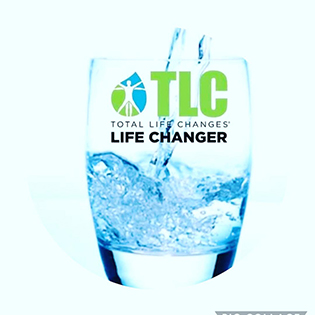As a co-author of the Texas Certified Organic program and a contributing author for the National Organic Standards Law I have a fundamental working knowledge of the organic program and its’ goal to protect the integrity, safety an interest of health conscious consumers with respect to guaranteeing the purity of organic food products. As a third-generation organic farmer I have a heartfelt commitment to organics and a firsthand knowledge of organic agriculture production practices. Today the majority of our food choices are made by way of brand loyalty and valuing cost, organics reconnects you to the land and the “assurance” that what you’re buying is safer and nutritionally superior.
So is organics worth the 20 – 40% premium? Sometimes the disparity is even greater for grass feed beef, free range “organically raised” eggs, or value-added products like extra virgin organic olive oil, an apple cider vinegar. Both the emotional and scientific answer for me is yes, with some exceptions and seasonal considerations to availability and quality which we will explore in increasing detail as we develop this topic in future post.
Renown journalist and author JI Rodale, former editor of Organic Gardening Magazine, is credited with modernizing the term “organic,” it became synonymous with cow manure compost as fertilizer, open pollinated heir loom seeds and distancing ourselves from chemical fertilizers, herbicides and pesticides in favor of Integrated Pest Management and other “earth friendly” strategies to control unwanted pest. Organic farmers remineralize the soil with soft rock phosphate, agricultural limestone, granite dust, and humates all in an effort to enhance the fertility of the soil naturally, and to promote soil biology in the form of beneficial micro-organisms. The soil is the foundation of life and organic farmers the “true health providers” in that our health is a direct result of the nutrition we grow and consume. Conventional wisdom said organics couldn’t be practiced much less be successful on large acreage, “we would all starve to death,” according to a USDA feasibility study in 1990. Today virtually every grocery store in America has an organic section, I consider “organics” to be “ best management practices,” as a farmer, and the best nutritional choice as a consumer as we seek to balance the demand for food production with the impact of agricultural chemicals on the health of our environment and our people. The discussion in favor of choosing organics, measures the cost of organic produce, to include the health equity you achieve, in that the qualitative value of natural vitamins and minerals from food sources will result in certain, predictable and lasting health benefits for your family.






Recent Comments